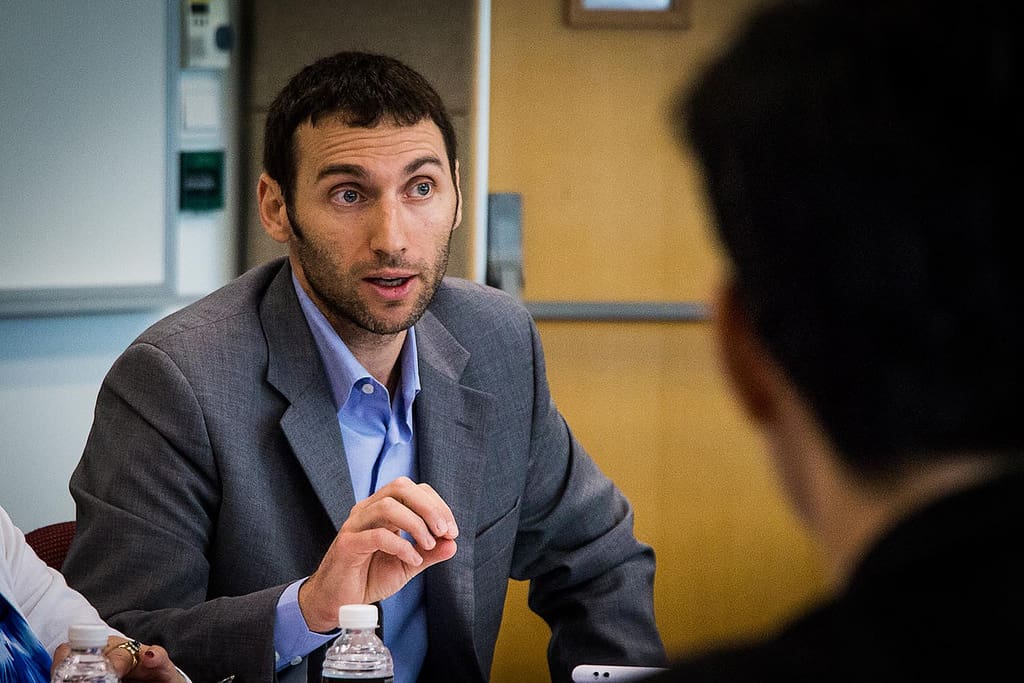In sunny Florida, not everything goes as planned. You probably won’t get hurt, but if someone else’s carelessness causes you harm, you should be compensated. However, in this scenario, the issue of calculating damages after a personal injury emerges. Is there a system of laws in place in the state? This blog will answer some of the questions frequently asked by accident victims.
When faced with a situation like this, it’s always wise to consult with a personal injury attorney who knows their way around local regulations. You need a lawyer because expertise in injury litigation is necessary for swiftly navigating these legal waters. Personal injury lawyers who are well-versed are invaluable resources in a crisis like this.
At first glance, navigating the complicated legal landscape might seem daunting, but with the proper legal guidance, you will get the restitution you deserve. But before contacting a lawyer, go through this blog to get the lay of the land. This will make the consultation call easier for you, and the lawyer will also be able to assess the situation correctly.
What Are Damages?
To begin, it is important to grasp the meaning of “damages” in a legal context. Damages are the monetary compensation given to a person who has been hurt due to the conduct of another. Both compensatory and punitive damages may be awarded in certain situations.
Compensatory Damages
Compensatory damages aim at providing assistance and financial support for those individuals who have suffered physical or psychological harm due to another person’s actions. These include:
- Economic Damages: This damage primarily pertains to measurable losses resulting from medical expenses directly or indirectly related to the injury. It also includes the loss of income due to the inability to work, which can impact future earnings. Additionally, it encompasses property damage or loss resulting from accidents, such as those involving automobiles.
- Non-Economic Damages: This type covers subjective elements that cannot be measured objectively, like emotional distress and trauma after losing their loved ones, if any occurred during that accident.
Punitive Damages
Unlike compensatory damages, this type aims at punishing the wrongdoer instead of aiding the victim’s recovery. It is considered punishment rather than recovering losses endured. Punitive measures include fines, with their intensity varying according to gravity, nature, or other factors leading up to the accident.
How Are They Calculated?
The assessment process essentially involves several steps that provide lawyers with a clear view of victim loss:
- Thorough Medical Evaluation: Medical documentation is essential in building a case for personal injury damages. A medical examination assesses the nature and severity of your injuries, as well as any potential recovery time or permanent disability, after reviewing reports from medical professionals.
- Economic Damages Calculation: Payment for medical expenses (hospitalization, prescription drugs) will be determined after thoroughly reviewing these reports and other required documentation. Get physiotherapy to help restore functional range through movement training exercises if you’ve missed time from work due to an injury and can prove it with pay stubs or contracts.
- Non-Economic Damages Assessment: Expert witnesses, such as psychologists and psychiatrists, must assess each group accurately. These experts will evaluate the degree of subjectivity and relevant experiences to categorize the instances correctly. Some common forms of mental anguish are anxiety, depression, and post-traumatic stress disorder.
- Contributory Fault: To proceed cautiously while negotiating a settlement, one must make offers that are fair while yet abiding by the law.
How Do Lawyers Determine the Value of Claims?
Damage assessments are finished before “value” is assigned. This happens once the investigation is complete and criteria, including the offender’s financial standing and the seriousness and intent of their activities that led to the conflict, are considered.
- To prove that the defendant was liable for the plaintiff’s damages, the court must first determine who was at fault for the incident.
- Looking at instances where the plaintiff suffered a comparable loss that resulted from negligence, e.g. after a personal injury due to a car accident, helps determine the average amount recovered. These cases typically involve automobile accidents. By analyzing similar cases and their outcomes, individuals and their legal representatives can gain insights into potential compensation and make more informed decisions regarding legal actions.
- The amount lost due to damage or lost profits was meticulously analyzed. Care costs in the future should also be considered. The court will think about how this will play out in the future. After completing the therapeutic program, these results may result from ongoing treatment. If the disease or condition is irreparable, we will do everything possible to make you comfortable. However, proper paperwork is essential.
- Compensation for pain and suffering may be based on how much an injury hurts, how long it took to heal, or how badly the sufferer was affected.
- Reputation management is something the defendant or defendant-attack plaintiff should think about. This tactic may cause you to rethink settling the case out of court in favor of fighting it. When making this choice, it is essential to remember the long tradition of conflict resolution processes and legal constraints.
Conclusion
Getting medical attention as soon as possible after an injury is a top priority. After that, go to an experienced personal injury lawyer. There are generally multiple calculations involved in this procedure to recoup any losses. An attorney well-versed in calculating damages can better represent their client in negotiations. They can stress the significance of the losses and recognize the gravity of the client’s pain. This guarantees that the client will be compensated fairly. Before taking legal action, it is essential to negotiate a fair settlement.

